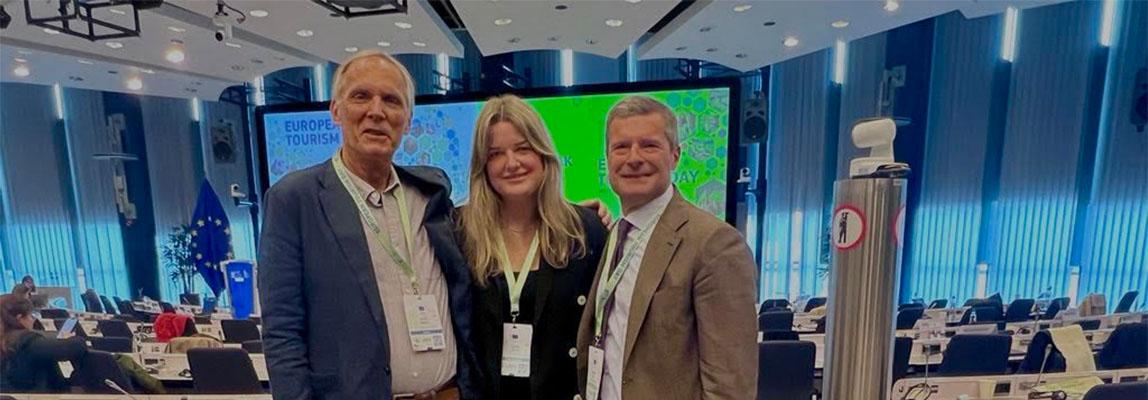
Next Tourism Generation - Innovation in skills
09/22/2023 - 15:07
‘Young people are looking for a workplace that resonates with their own values. Think values like sustainable entrepreneurship, doing something good for the environment, social interaction and digitalisation. So if you want to get them excited about a job in the tourism and recreation sector, you will have to work hard on these points.’